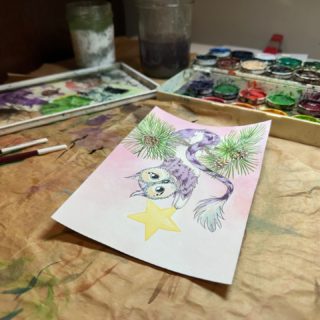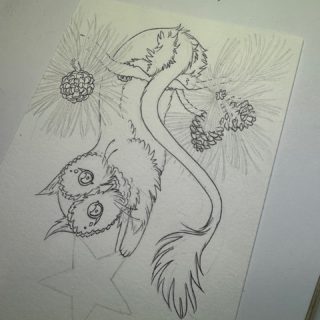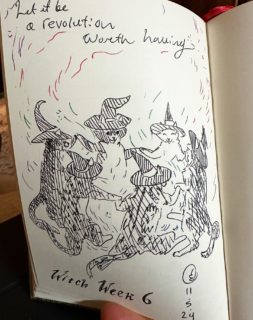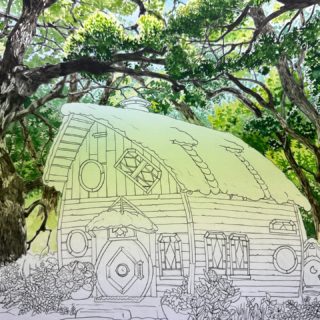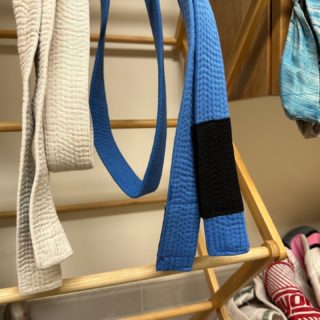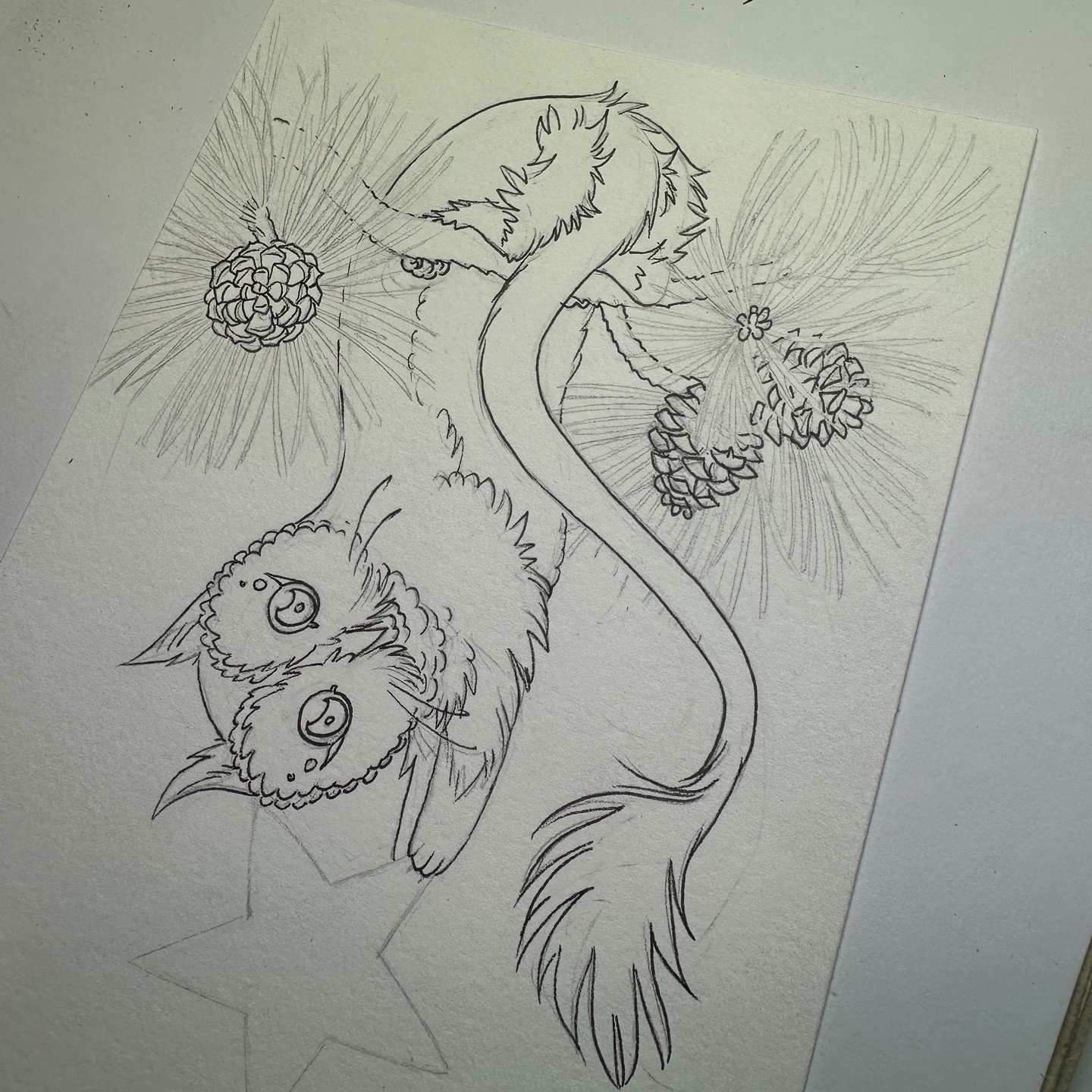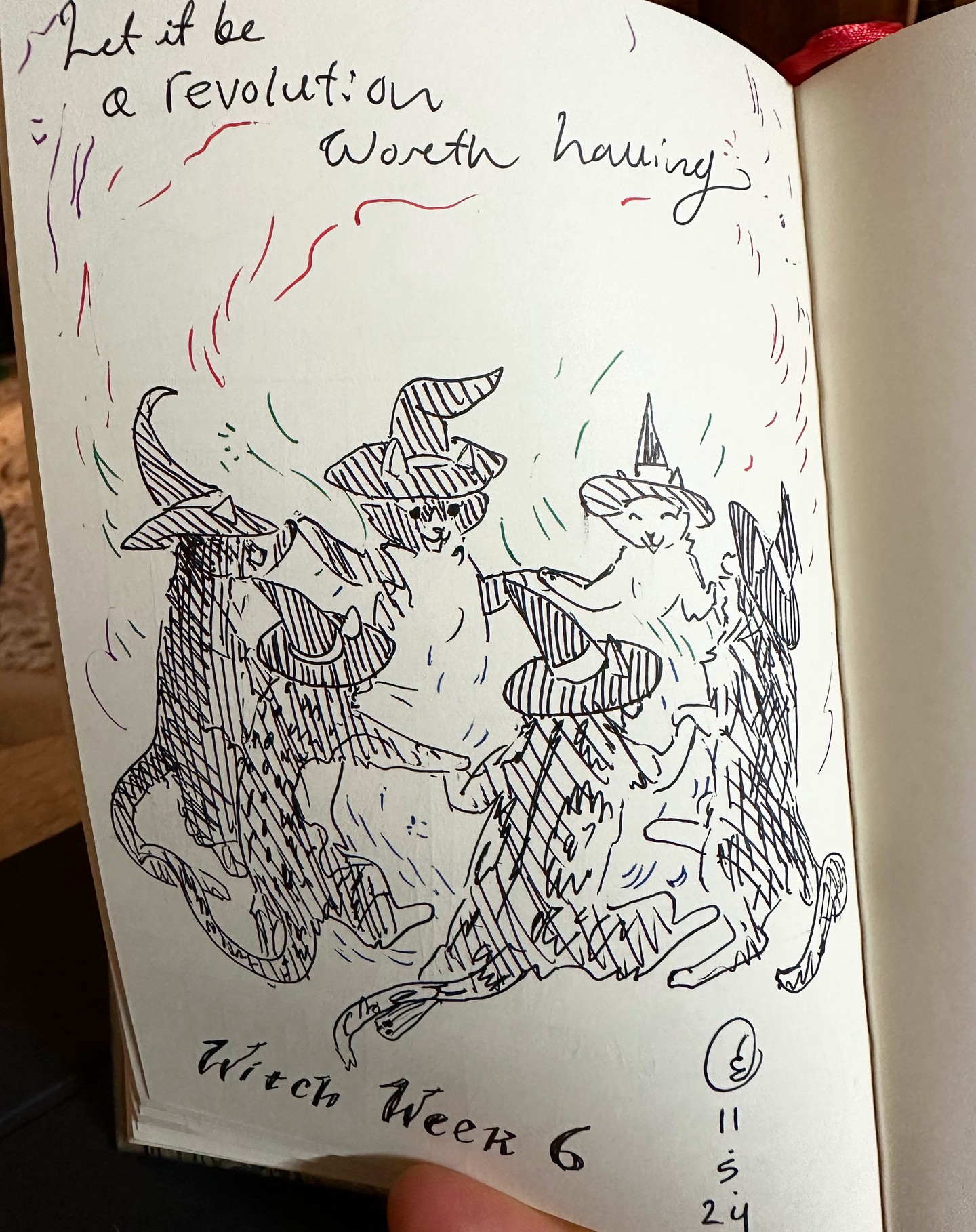First, the bare business bones: I will not be attending/vending at AnthroCon this year, despite having a membership rolled over from 2020. It was a hard and gut-wrenching decision, I will miss my friends there deeply, and I sincerely hope the con does well, and everyone has a great time and doesn’t get sick.
Second, the dirty details. Which I think are worth mentioning because they bear on matters bigger than me or AC, or even (arguably) COVID-19. But let’s begin by talking about COVID-19, so that we can get it out of the way.
The B.A.2 variant currently dominant in my area of the world (Oregon) has got all the trappings of the Omicron lineage that made for such a hellish surge at the start of the year. Even though the current wave is not as high as that one, just from a numbers perspective we are more likely now to be exposed to COVID-19 than we were at the beginning of the pandemic. Granted, what exposure meant then and what it means now are different. For a start, we now know more about SARS-CoV-2, the disease it causes, how to treat it, and (for me) have been vaccinated and boosted. And therein lies one of the problems when it comes to assessing the risk/reward from a COVID angle: we now know. And as human beings, we are more scared of the unknown than of the known threat.
Do I feel just as scared now as I did at the start of the pandemic? No. No I do not. But, objectively, what is my risk level? Of dying from or even developing COVID-19… actually probably quite low. But of simply being exposed? Probably 100%. Now, with effective masking and vaccines, I had considered this an acceptable risk—even given the possibility of developing long-lasting complications from contracting COVID-19. But it was going to add a great deal of stress to what was already a stressful event. And beyond all this there was the consideration: what are my obligations to my fellow human beings to avoid contracting COVID if at all possible? Because even if the threat to myself is acceptable, just contracting COVID gives the virus a chance to mutate, gives it a chance to infect more people, and even if I come through it all right, what if I infected someone who didn’t?
Throughout this pandemic my number one priority has been don’t get sick. And right behind it, but only just behind it, has been don’t get anyone else sick. Not just for my sake, but for the sake of humanity. Which brings me to the deeper reason which ultimately tipped the balance in favor of not going to AnthroCon.
It’s been almost three years since the last time I did AnthroCon, and at that time I didn’t think it would be my last time doing AnthroCon. AnthroCon was my first Furry Con, back in 2009. I had spent the last decade traveling across the continent every summer for a long weekend of partying, business, fun and frenzy. I’ve made fast friendships and met wonderful people. AnthroCon was something that I thought, even if I stopped going to all other cons, would remain.
And then, in 2019, less than a month after my last AnthroCon, I began to have doubts. The doubts crept up on me during a flight to San Diego. On it I was given the opportunity to purchase carbon offsets to mitigate the greenhouse gas emissions produced by the plane I was flying on. Sure thing, I thought, and purchased away. I knew even then that traveling by plane is by far the least efficient method of transportation, from a greenhouse gas emission perspective. Basically me, traveling on the same plane along with all the other people, our shared emission percent of what that one plane produced was equivalent to each of us driving our own separate car the same distance. So of course I wanted to offset that any way I could.
But it got the cogs turning in my head. Because I have grown up in the shadow of the growing global climate crisis I’m an emission-conscious person: I bike commute, buy local and/or seasonal produce, and purchase my meat and fish from sustainable farmers and fisheries. I live in an energy-efficient home. I contribute through my electric bill to sustainable energy infrastructure. And yet for all my life, up to 2019, flying was a big exception. One made because I felt the benefits outweighed the costs.
I loved going to cons. They made me feel alive. And if I had to fly to get to them, well then I had to fly.
But as I sat on the plane home from San Diego, though I’d bought my carbon offsets and they even had The Matrix as the in flight movie, I was struck by a realization: this was perhaps the most comfortable flight I’d ever experienced, and I hated it.
I hate flying. I hate the security. I hate the boarding. I hate sitting still for hours on end. I hate the violent nausea that attacks me unless I dose myself with meclizine beforehand, and I hate the drowsy, thick-headed feeling that the meclizine gives me in exchange for the violent nausea. I hate baggage pickup. I hate shuttles.
So here I am, I thought, paying a lot of money for an agonizing experience that is contributing to the greatest crisis humanity has ever faced.
It was after that summer that I decided I would only do cons I could drive to—with the exception of AnthroCon. Because AnthroCon, as I have said, is special.
And then COVID happened.
Now, on the other side of COVID—or at least on the other side of first impact; my doctor reminds me that pandemics can take 3-5 years to roll out, and by that measure we’re barely halfway through this one—I found myself having to recalculate: is AnthroCon worth the plane flight?
The answer, up until a few days ago, was yes.
So what changed? Nothing, really. Just as nothing really changes as a bowl gets filled higher and higher with water. Except at some point it begins to overflow.
My bowl of tolerance for flying to AnthroCon overflowed while I was listening to Lucy Jones talk about threat assessment, and how human beings think emotionally. That is, how we perceive something sudden and new (like the outbreak of a novel virus) as very frightening (even though human beings have been surviving and adapting to novel viruses for hundreds of thousands of years) while something that is slow and familiar and not immediately visible (like catastrophic climate change) is easy for us to ignore (even though climate change is the greatest threat to humanity that our species has ever faced).
Humans have never survived something as extreme as this climate crisis.
Humans have never survived something as extreme as this climate crisis. It is too late to stop it: it is already happening. And yet, we cannot—must not—give in to despair. It is never to late to make it less bad. If we take action—as a species, as a country, as a community, and yes, even as individuals—we can make it less bad.
The thought that hit me like the wing of a 737 was that I couldn’t get on a plane again. Not that I didn’t want to (which, let’s be fair, I also didn’t), but that I couldn’t. Not even for AnthroCon.
It’s kind of like the way I can’t eat whale or octopus. I know that I alone not eating whale or octopus won’t stop other humans from killing and eating them, but as far as I can disentangle myself from that web of cruelty, I want to. I will.
There are planes that will take off and land, bringing hundreds of people from places further than Oregon to Pittsburgh, Pennsylvania. My not being on one (or two) of them won’t change that. But it will change the way I relate to flying. It will align my objectives so that, when I need to call my congressperson or picket my town hall or hand out educational literature regarding the harmfulness of SUVs, I am more likely to do those things.
The course we take as a species will determine what happens to our countries, our communities, and ourselves. But I am a storyteller, and I know the greatest story—the hero story—highlights the ability of one person to save the world.
Maybe I’m not that hero, but I am going to try.
And I hope I’m not the only one.
I’m sharing all this because I hope I’m not the only one. Maybe your heroic path is different from mine, but I urge you, look for it, and when you find it, take it.
One thing is for sure: with the world changing out from under us, we’re gonna need all the heroes we can get.
If you’re looking for ways to be a hero, or need some inspiration from how others are finding their heroic path, these are some people/podcasts/companies that I have found inspiring:
- Getting Through It with Dr Lucy Jones
- Tyre Extinguishers
- Wild Planet Sustainable Seafood
- Batworld Sanctuary
Good luck!

